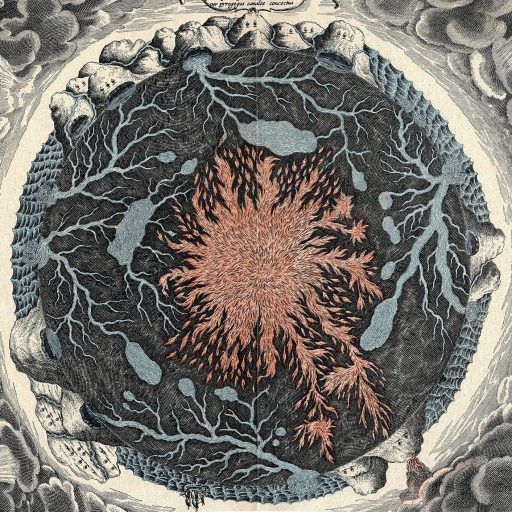3D bioprinting continues to diversify as more and more companies and research organizations join the field, each bringing their own take on the technology to the table. French collaborative platform 3D.fab has an intriguing approach towards bioprinting that involves a freeform robot capable of directly printing on a part of the body. In the video below, the BioAssemblyBot prints what appears to be a bandage directly on an arm:
The “bandage” is actually a bio-ink made from the skin cells of a patient. When applied to the patient’s skin, it forms an autograft that will, within a couple of weeks, create new skin. The BioAssemblyBot is capable of both additive and contour 3D printing, as well as pick and place and assembly thanks to its interchangeable tools. It’s only one of 3D.fab’s bioprinting technologies; the platform has a few other bioprinters in development as well, including another skin printer.




